Mozambique: President wants residents in Sofala out of areas prone to flooding
Mozambique: Lopes Tembe, one of the founders of Frelimo, passes away at 88
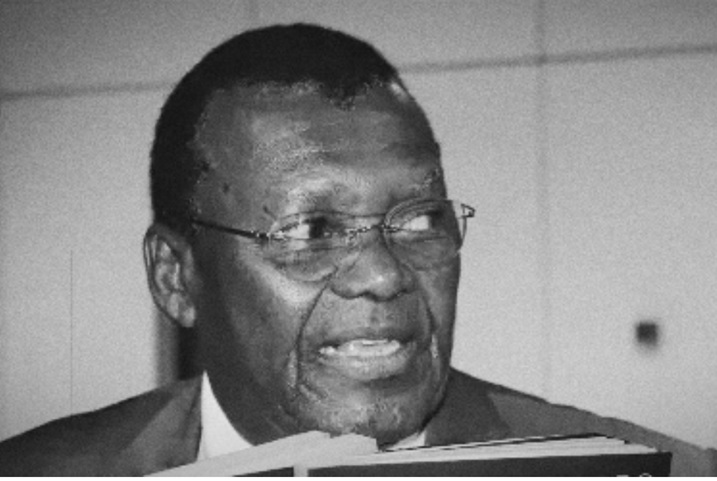
Photo: O País
Former Mozambican liberation struggle combatant Lopes Tembe Ndelana died yesterday in Maputo at the age of 88. He was one of the founders of Udenamoo, and later of the Liberation Front of Mozambique (Frelimo).
Lopes Tembe was one of Mozambique’s ‘living libraries’, a true repository of the history of the national liberation struggle. He was among the young people who founded Udenamo in Salisbury, Southern Rhodesia (present-day Harare, Zimbabwe) in October 2,1960 – one of the three movements that came together on 25 June, 1962, to found Frelimo.
In a statement announcing his death, Frelimo revealed that the veteran had been suffering from illness and was hospitalized in Maputo Central Hospital.
Lopes Tembe Ndelana was born on March 20, 1937, in Maputo. He attended primary school in South Africa at the Holy Cross School and Swiss Mission. His studies continued through the International Correspondence School (Cape Town), Kwame Nkrumah Institute (Winneba, Ghana), Kivukoni College (Dar es Salaam, Tanzania) and at the Military Academy of Enchasse in Egypt.
In 1974, Lopes Tembe began his career in government at the Office of the Prime Minister of the Transitional Government in the Department of International Cooperation. He was later promoted to Chief of State Protocol in the Ministry of Foreign Affairs (1975-1978) and then served as Deputy Director of the National Commission for Communal Villages (1978-1983). He was also Member of Parliament between 1977 and 1994.
Lopes Tembe later served as Ambassador Extraordinary and Plenipotentiary in countries that were strategic for Mozambican foreign policy, such as China, North Korea, Japan, Pakistan, Zimbabwe, Botswana and Swaziland (eSwatini).
Lopes Tembe wrote a memoir entitled ‘From Udenamo to Frelimo and Mozambican diplomacy’, the introduction to which, by former President of Mozambique Joaquim Chissano, reads as follows:
“”The historical facts narrated here relate to the various stages of the Struggle, creating a fascinating set of collective memories that embody the role of the Freedom Fighters in obtaining justice and developing Mozambique. The narrative begins with organizational efforts in Dar es Salaam, then moves to the educational centers and military training that took place in Tanzania, with particular emphasis paid to Kongwa and Nachingwea and special discussions about retrieving supplies and infiltrating weapons and other military provisions. Finally, the Freedom Fighters mobilized and included the population in education and agricultural production. The history and the depiction of direct combat with the enemy make this a story that must be read.
“The statements in this book are a testament of a shared journey of struggle, friendship and camaraderie cultivated over the years of the Struggle. The Liberation Struggle of Mozambique was one fought on political, military and diplomatic fronts. Lopes Tembe reminds us of this multifaceted experience where regional and international solidarity played an unforgettable role”.
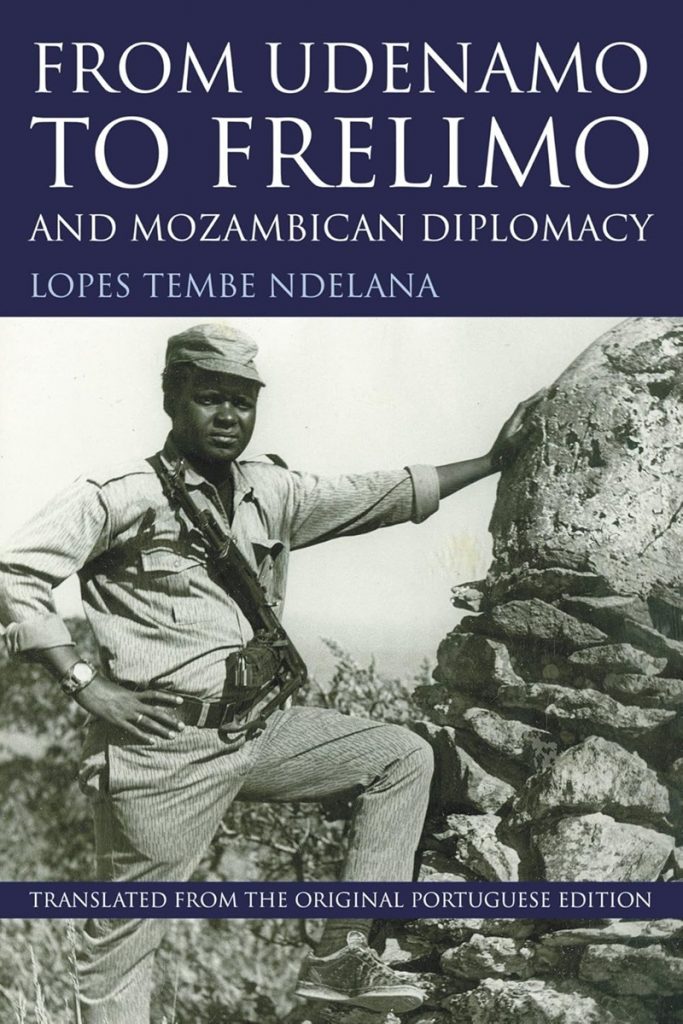



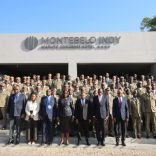
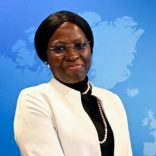
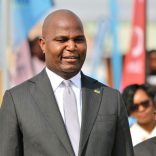
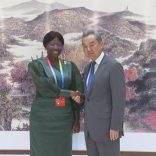
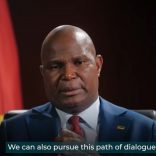




Leave a Reply
Be the First to Comment!
You must be logged in to post a comment.
You must be logged in to post a comment.